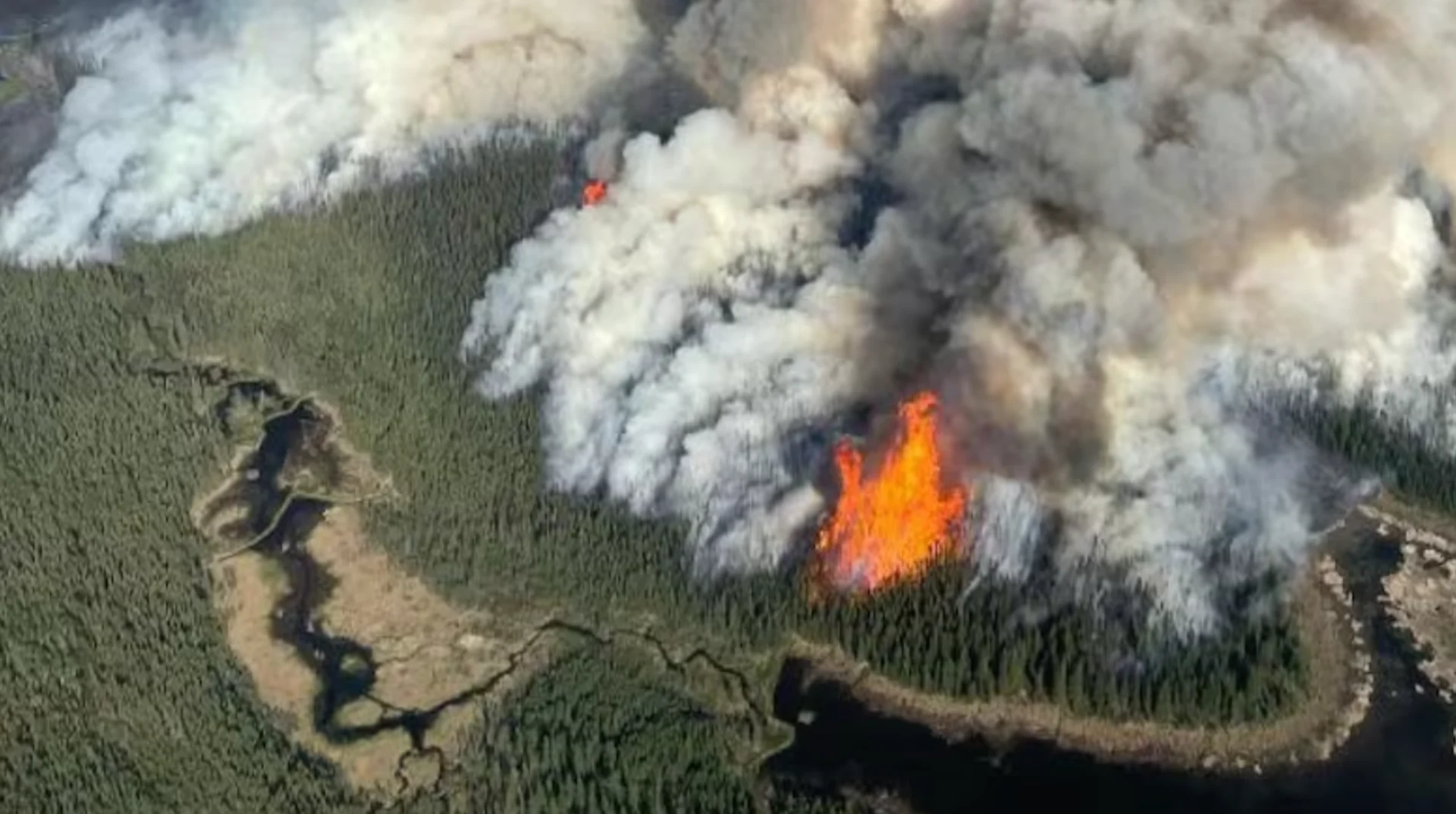
Canada's 2025 wildfire burn area exceeds size of the Greater Toronto Area
The amount of area burned by wildfires nationally this year is equivalent to a size bigger than the Greater Toronto Area (GTA), and then some.
With August now here, we take a look at Canada's 2025 wildfire season so far, and how impactful it has been compared to past years.
The season took a bit of a break in July, after rainfall relief in some locales, but has since resumed its activity in the country, with the focus of the blazes in the West as drought conditions continue for many.
DON'T MISS: The Weather Network's wildfire hub
As of Saturday afternoon, on Aug. 2, approximately 6.6 million hectares of area have been burned in Canada. To date, there have been 3,853 wildfires across the country, with 716 active blazes.
Breaking down the area burned by province, most of the total has been incurred in Saskatchewan, which has had 2.245 million hectares scorched.

Meanwhile, Manitoba has seen 1.536 million hectares burned, British Columbia has had 727,000 hectares burned, Alberta has 671,400 hectares burned and Ontario has had 537,000 hectares burned so far this year.
A noteworthy way to put the amount of area burned into context is to compare it to the size of land in southern Ontario.
The amount of area burned nationally this year is equivalent to a size bigger than the Greater Toronto Area (GTA), and then some.

The good news is those numbers aren't on pace to match or exceed 2023's wildfire season, Canada's most destructive year on record, which saw approximately 15 million hectares burned--more than seven times the historic national annual average.
But this year has already surpassed the 2024 season in terms of hectares burned.
Last year, more than 5.32 hectares of area were burned, whereas 2025 has already seen 6.6 million hectares scorched.

The 10-year average is 2.70 million hectares, worsened by the 2023 season. This season is only the second year that's significantly above average, but it is a fair distance behind 2023.
Thumbnail courtesy of the BC Wildfire Service.
With files from Nathan Howes, a digital reporter at The Weather Network, and Kevin MacKay, a meteorologist at The Weather Network.
